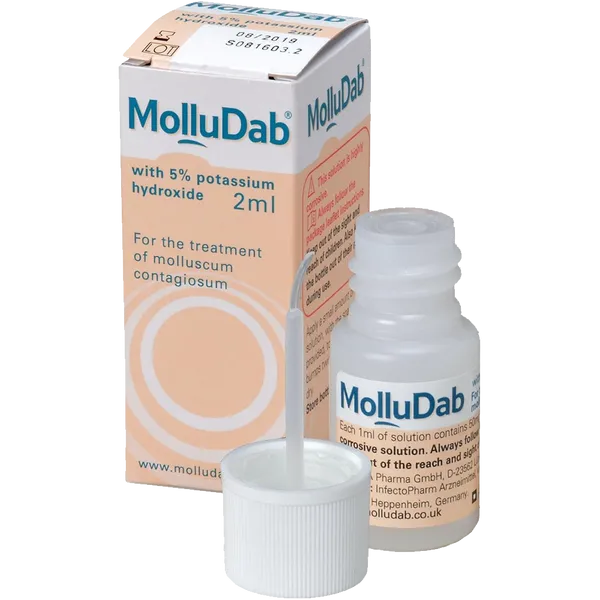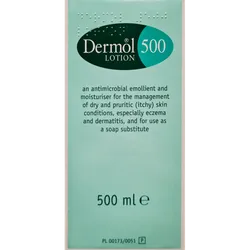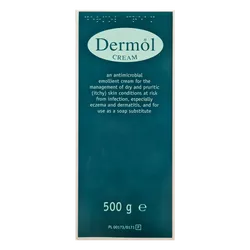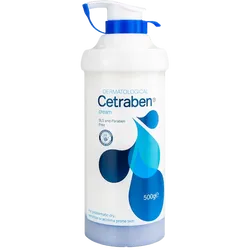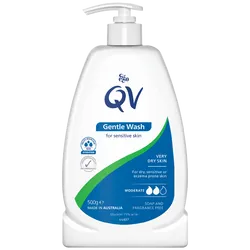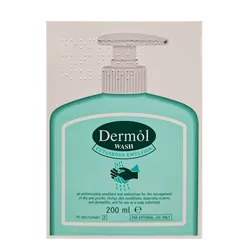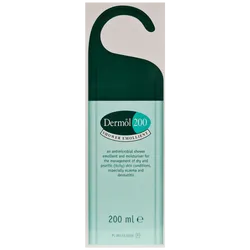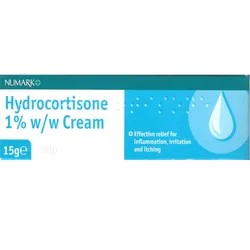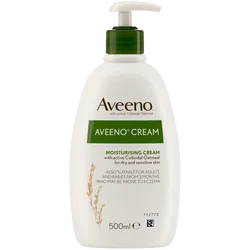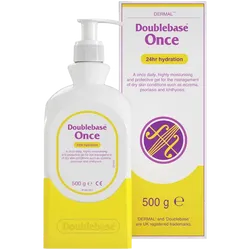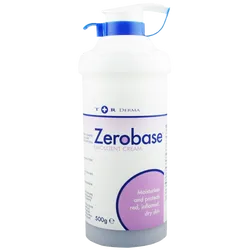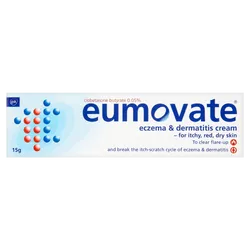MolluDab contains 5% potassium hydroxide and this is dotted on the molluscum contagiosum bumps twice daily by parents or the patients themselves. It breaks down the skin cells which encase the virus, to enable the immune system to recognise the virus and respond to it. After around 4-6 days treatment, the immune system mounts an ‘inflammatory reaction’ to molluscum contagiosum. Once this inflammatory response has cleared the virus, the skin can begin healing and the molluscum contagiosum lesions disappear after 1- 5 weeks.
It is not suitable for children under 2 Years Old
Molluscum contagiosum (MC) is a viral infection that affects the skin. It is highly contagious and easily spread.
MC most commonly affects children and young adults, although it can occur at any age.
Usually, the only symptom of MC is a number of small, firm, raised papules (spots) that develop on the skin. They are not painful but may be itchy.
What causes molluscum contagiosum?
MC is caused by a virus known as the molluscum contagiosum virus (MCV).
Although MC is highly contagious, most people are resistant to the virus. This means they are unlikely to develop the condition if they are exposed to the virus.
MC can be spread through skin-to-skin contact with someone who is infected, or it can be passed on by touching contaminated objects, such as a flannel or towel.
Children can catch MC after coming into close physical contact with another child who is infected, such as while play-fighting or hugging.
Adults can catch MC after having close physical contact with an infected person, such as sexual contact (this doesn't necessarily have to be sexual intercourse).
There are three main groups of people who tend to be affected by MC. They are:
- young children who are one to five years of age
- people who have had a number of different sexual partners
- people with a weakened immune system, either due to having a condition such as HIV or AIDs, or from receiving treatment such as chemotherapy
Diagnosing molluscum contagiosum
Visit your GP if you think you or your child may have MC. Your GP will examine your skin (or your child's) and ask about any other symptoms.
The spots of MC are usually easy to recognise, so your GP should be able to diagnose the condition without the need for further tests.
However, if your GP is not sure whether MCV is responsible, they may want to carry out some tests. For example, they may take a small sample from the centre of one of the spots to test it for MCV.
Treating molluscum contagiosum
In people who are otherwise healthy, MC usually clears up on its own after 12-18 months. However, in people who are immunocompromised (have a weakened immune system), MC can last much longer.
Routine treatment for MC, particularly in children, does not tend to be recommended because:
- the infection usually clears up on its own
- the infection does not usually cause any symptoms other than the spots
- the infection does not usually interfere with everyday activities, such as going to work, swimming or playing sports
- many treatments can be painful and may cause scarring or burn the surrounding skin
Treatment is usually only recommended for older children and adults in cases where the spots are particularly unsightly and affect quality of life.
Do not squeeze the spots because it can cause pain, bleeding and an increased risk of spreading the infection. It is also likely to cause scarring.
Complications of molluscum contagiosum
MC doesn't usually cause complications and the infection will eventually clear up on its own.
However, in rare cases, the spots can become infected with bacteria. This is more likely to happen if you have atopic eczema (skin irritation caused by an allergy), or if you have a weakened immune system.
If the spots do become infected, you or your child will need treatment with antibiotics.
In rare cases, where spots occur around the eyes, a secondary eye infection may develop, such as conjunctivitis.
Preventing molluscum contagiosum
Although MC is highly infectious, most people are resistant to the virus and are unlikely to develop MC, even if they come into contact with the virus.
It is therefore not necessary to stay away from work, school or nursery, or to stop doing activities such as swimming.
However, while the risk of passing MC on to others is small, you should take steps to avoid spreading the virus on to people who are not resistant to it.
If you or your child has MC you should:
- keep affected areas of skin covered with clothing
- avoid sharing towels, flannels and clothing
- avoid sharing baths
- do not scratch the spots because it may lead to other areas of your skin becoming infected and it can prolong the infection
Always use a condom while having sex. However, condoms cannot prevent the spread of the MC virus completely.
The virus can be passed to areas of your skin that are not covered by a condom, such as the areas around your genitals and inner thighs.
